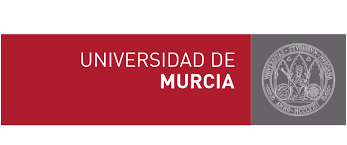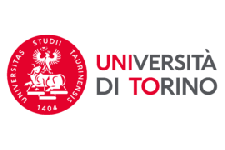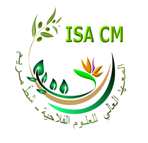ABOUT US




The recent IPCC special report on Climate Change and Land stresses that it will be impossible to keep global temperatures at safe levels unless there is a transformation in the way the world produces food and manages land. It estimates that 25-30% of global greenhouse gas emissions are consequence of the food system, which greatly contributes to pollution of air, soil and water, and to biodiversity loss. At the same time, climate change will severely affect agricultural production (reducing yields and land available for agriculture), with dramatic consequences for the livelihood and rural communities, among others. Feed production and processing account for the majority of the sector’s emissions (45% according to FAO) due to the great resources’ consumption, the vast energy and water consumption of the process, the enormous amount of land-use change and deforestation problems. The European Union imports a large quantity of raw materials of the livestock feeding sector, especially soybean (85% of the soybean, 24% of corn and 8% of wheat and corn consumed). 14 million tonnes of soya beans per year are imported to feed our animals, which increase the agri-food sector impact in climate change and reduce the region autonomy. It is necessary to introduce sustainable practices based on circular economy principles. New food chains must be environmentally friendly, foster local economies and consider social aspects. Feed production will be the mainstream of this change. SUSTAvianFEED aims to demonstrate innovative poultry farming systems by the inclusion of sustainable animal feeding. The project will develop a sustainable nutritional formula for poultry farming in which insects will play a key role and which will lead to an innovative poultry farming approach.








